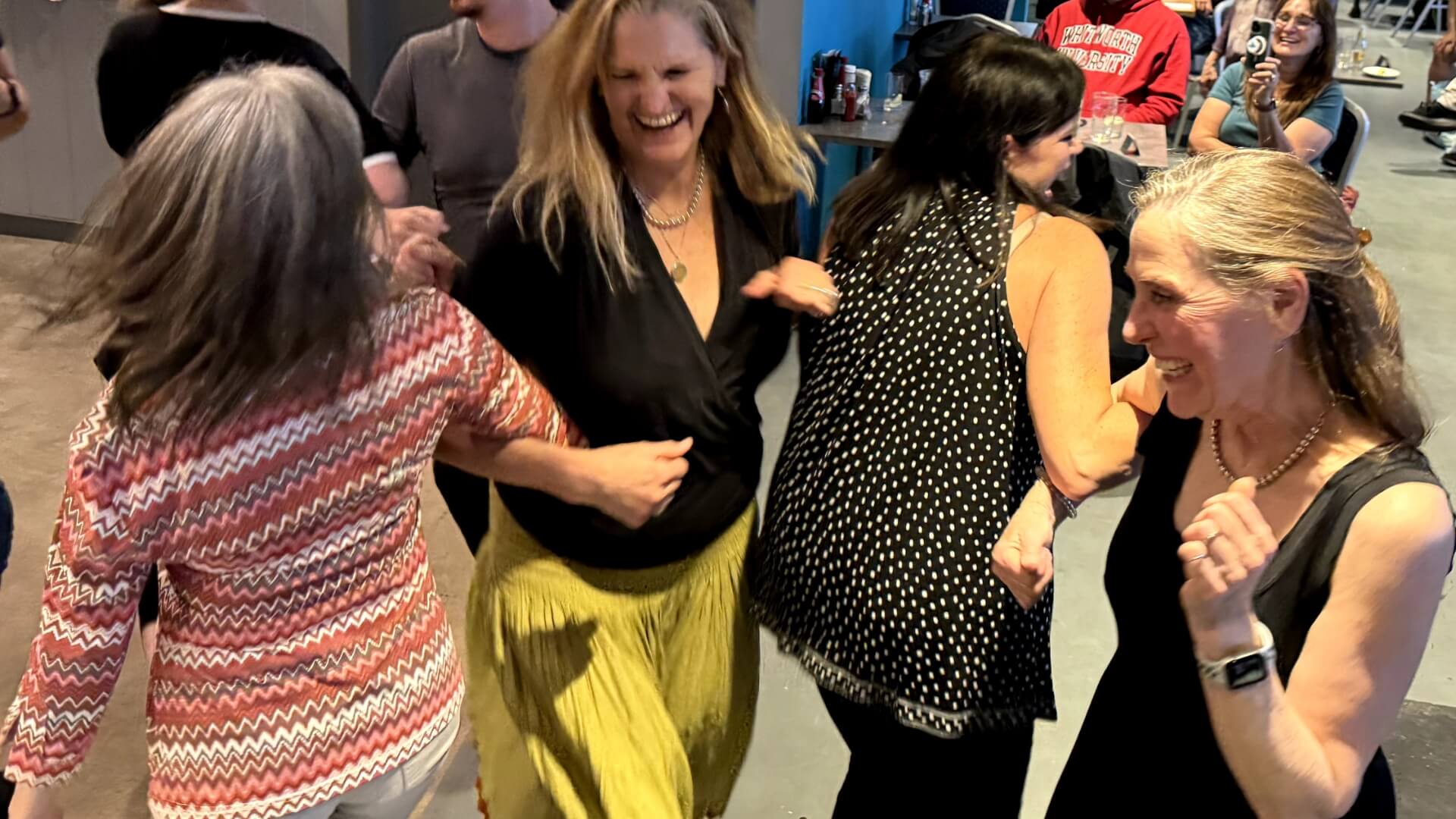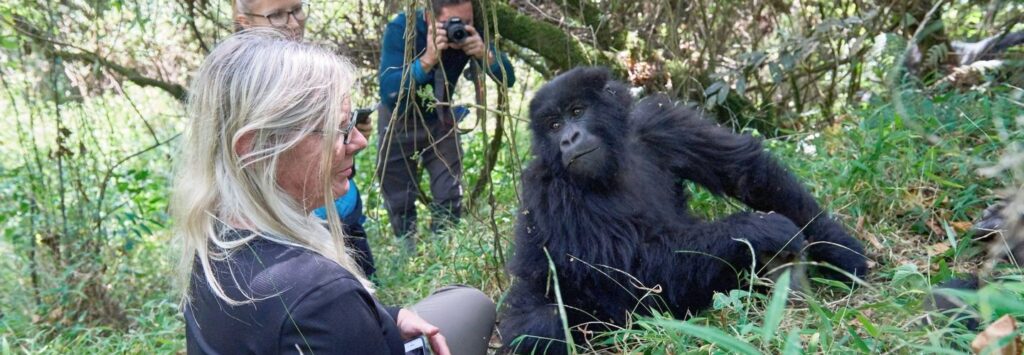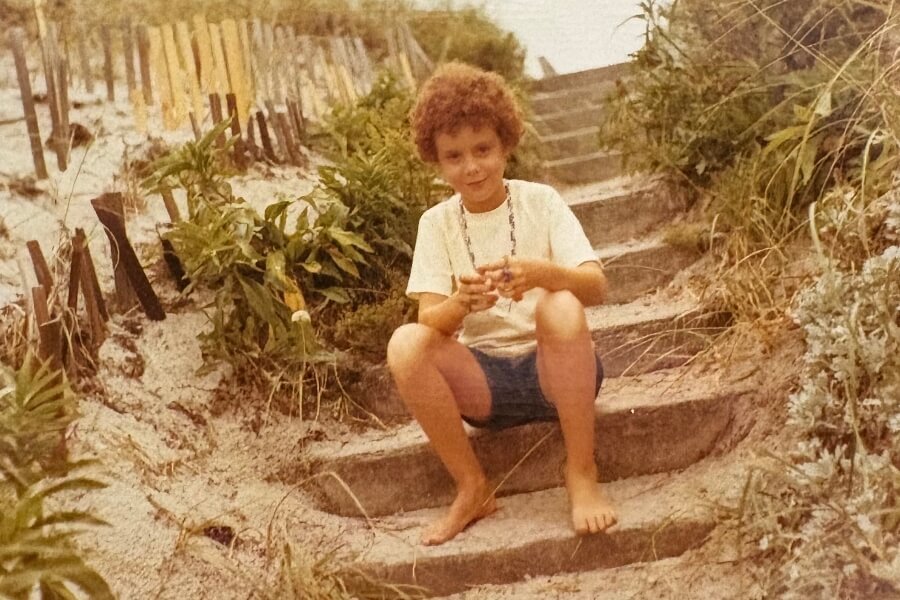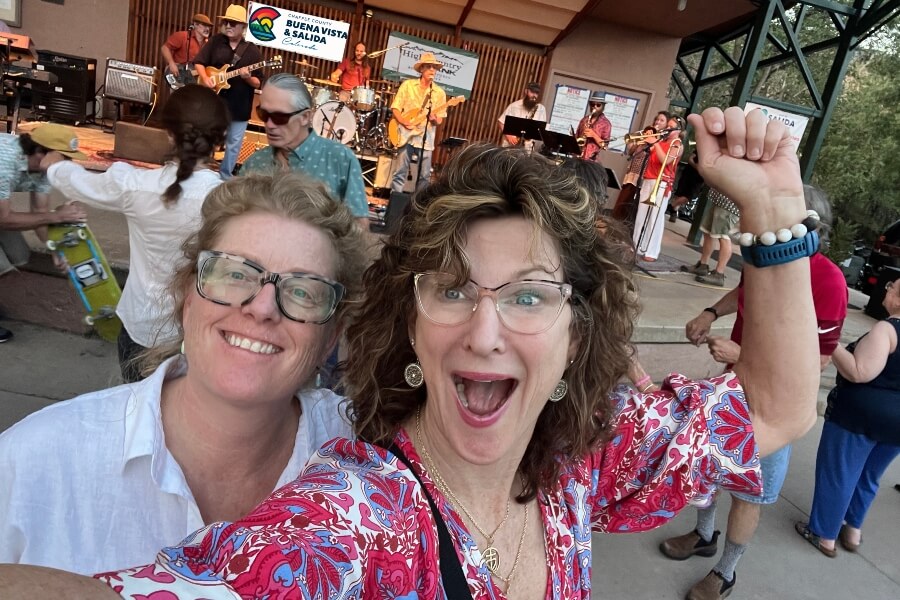As I was leaving the city of Chartres, France, late this past summer, heading for Paris and the airport to catch a plane home, I got an email message that John, my first husband, had died. The message was from an old friend of his who said he thought I should know that John had passed, and that I had remained important to him. I was surprised, as John hadn’t spoken to me since we split up decades ago except in terse written messages over legal matters. I thought he was still bitter. Understandably so. I had left wreckage behind in my pursuit of happiness.
I had left wreckage behind in my pursuit of happiness.
But even though I was the one who left, messily, after I fell deeply in love with Gary, one of our mutual friends, I was still holding my own share of bitterness. After Gary’s death in a kayaking accident on a wild river in Guatemala, I wrote a memoir about my year of pilgrimage to deal with my grief. It was well received, with five-star reviews, but one day I saw a review on Amazon that was one of the meanest reviews I had ever seen of any memoir. The reviewer, who gave it one star, said the book was a “sappy paen to a not very interesting person.”
At first I couldn’t imagine who would write such a hurtful review, and then I wondered why they would have bought the book in the first place. I didn’t recognize the name of the reviewer, but did some research and learned not only did that person not exist, but that it was my ex-husband who had used a pseudonym to try to wound me from afar. It wasn’t enough revenge for him that Gary had died, but that he needed to twist the knife. That wound festered and smothered any guilt I harbored for hurting John so many years earlier.
Read More: I Found Out on Google My Abusive Ex-Husband Was Dead
Thorns in the Heart
But here’s the thing. During my time at Chartres, the theme of the retreat I was part of was Apology. Our guest speaker was V, formerly known as Eve Ensler, best known for The Vagina Monologues, the brilliant, then-shocking one-woman show that became one of the hallmarks of feminism. More recently, she has worked to shine a light on another hitherto hidden subject: the life-long damage caused by abuse, physical and mental—and a counterintuitive path to healing. In her book The Apology, she recounted the heavy toll her abusive father had taken on her life and her hard-won decision to write the apology to her that her father had never made. Apology, she told us at the gathering, is a path for healing—both for the victim of the abuse and the perpetrator.
I began to imagine from his point of view how badly he had felt at abandonment.
When V suggested that we begin a practice of apology by writing one to someone we had hurt, it didn’t take me long to think about the person I had hurt most in my life. It was John, who I thought had never forgiven me. And for whose pain I had never really forgiven myself. And so I began writing a long and deep apology to John. A true apology for the hurt I had caused him. No excuses. No rehashing of all the little hurts he had caused me. I retrieved good memories of good times. I began to imagine from his point of view how badly he had felt at abandonment, how humiliated. Something began to shift.
V calls these hurts, whether given or received, thorns in the heart, which we can carry either consciously or unknowingly. And so it was that I was finally acknowledging the deepest thorn in my heart. Later that evening, as I walked the labyrinth in the great Cathedral, I could feel the presence of the thorn and then feel it begin to dissolve. Around and around I walked, letting it go. There is always something magical about the labyrinth, which was built as a stand-in for a pilgrimage to Jerusalem, and the Cathedral itself, one of the most beautiful in Europe, designed to evoke inspiration and awe.
The Payoff
I think of the two distinctive towers of Chartres Cathedral as representing the sun and the moon, male and female power, acting as both receivers and transmitters of messages, particularly those of reconciliation. And so I believe that as I was inspired to write that apology, John thought of me. And I hope and believe that he received my message of apology in return. And that there was love going both ways. If there are thorns, then there are roses.
Read More: Family Estrangement Sucks: Why This Once-Loving Sister No Longer Speaks to Her Brothers























0 Comments